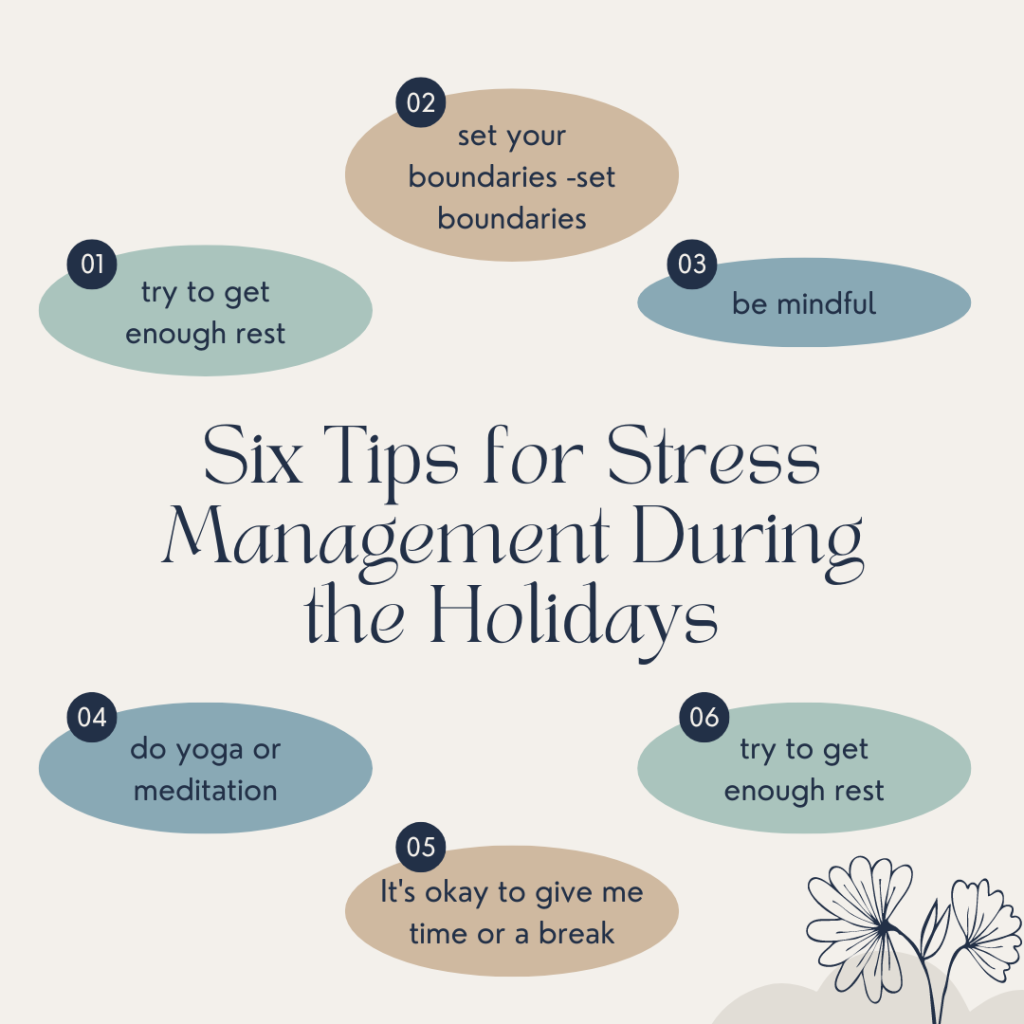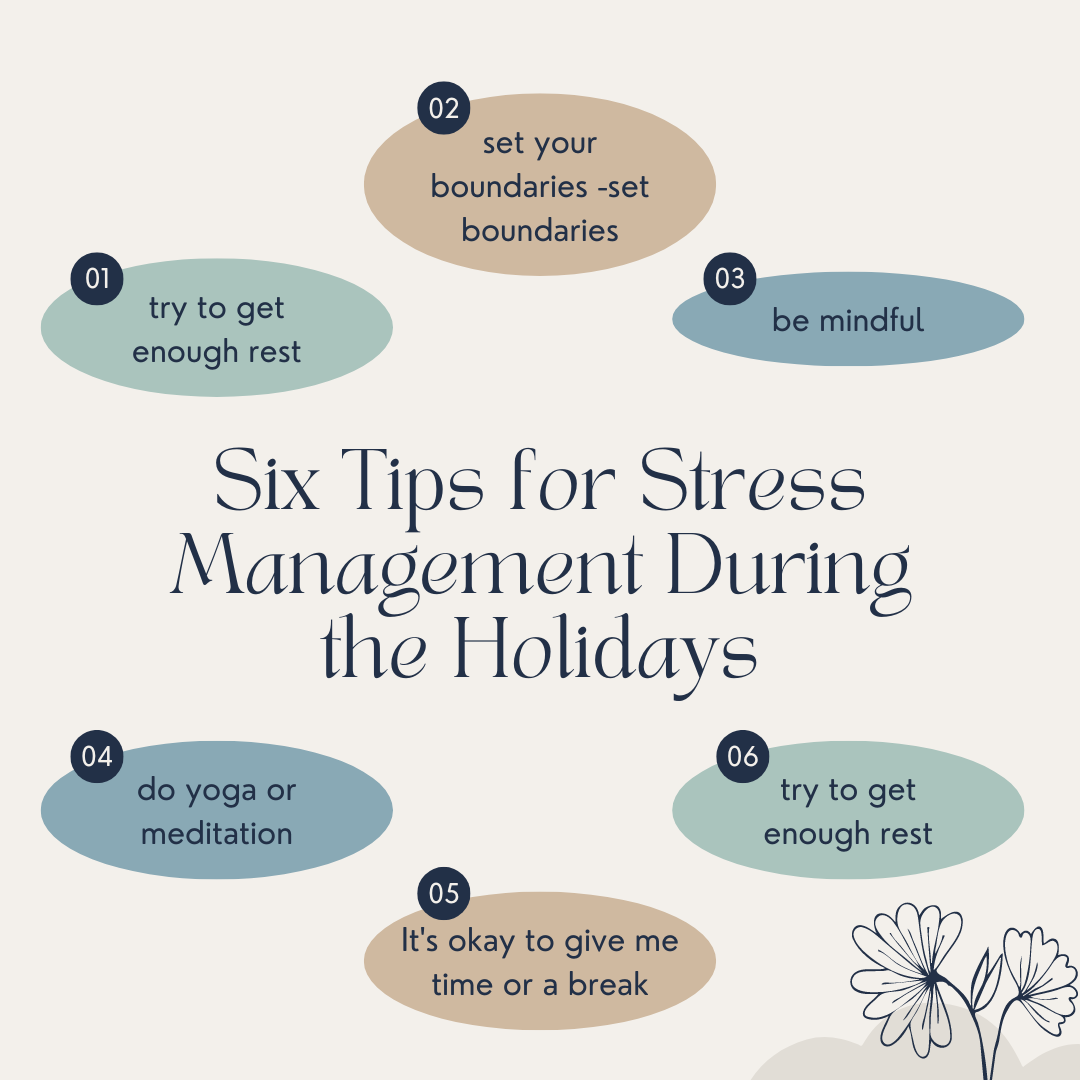Stress is an inevitable part of life, but learning effective coping strategies can help manage its impact and promote overall well-being. This article offers practical tips and techniques for coping with stress in everyday situations to improve mental health and resilience.
- Practice Relaxation Techniques: Incorporate relaxation exercises into your daily routine to reduce stress levels and promote relaxation. Techniques such as deep breathing exercises, progressive muscle relaxation, or guided imagery can help calm the mind and alleviate physical tension.
- Mindfulness Meditation: Engage in mindfulness meditation practices to cultivate present-moment awareness and reduce stress. Mindfulness involves focusing attention on sensations, thoughts, and emotions without judgment, which can enhance resilience and improve stress management skills.
- Physical Activity: Regular exercise is a powerful tool for managing stress and improving overall well-being. Engage in activities you enjoy, such as walking, jogging, yoga, or dancing, to release endorphins and boost mood. Aim for at least 30 minutes of moderate exercise most days of the week.
- Healthy Lifestyle Choices: Prioritize a balanced diet, adequate sleep, and regular sleep patterns to support physical and mental health. Avoid excessive caffeine, alcohol, and tobacco, which can exacerbate stress and disrupt sleep.
- Time Management and Organization: Develop effective time management skills to prioritize tasks, set realistic goals, and reduce feelings of overwhelm. Break tasks into smaller, manageable steps and delegate when possible to lighten your workload.
- Social Support: Connect with supportive friends, family members, or a therapist to talk about stressors and receive encouragement. Building strong social connections and seeking emotional support can buffer the effects of stress and promote resilience.
- Set Boundaries: Learn to say no to additional responsibilities or commitments when feeling overwhelmed. Establishing boundaries to protect personal time and prioritize self-care is essential for managing stress effectively.
- Engage in Hobbies and Relaxing Activities: Make time for activities you enjoy, whether it’s reading, listening to music, gardening, or spending time in nature. Engaging in hobbies and leisure activities promotes relaxation and reduces stress levels.
By incorporating these coping strategies into your daily life, you can effectively manage stress, enhance resilience, and improve overall mental and emotional well-being. Remember that managing stress is a journey, and finding what works best for you may involve experimentation and persistence. Taking proactive steps to care for your mental health can lead to a more balanced and fulfilling life.



